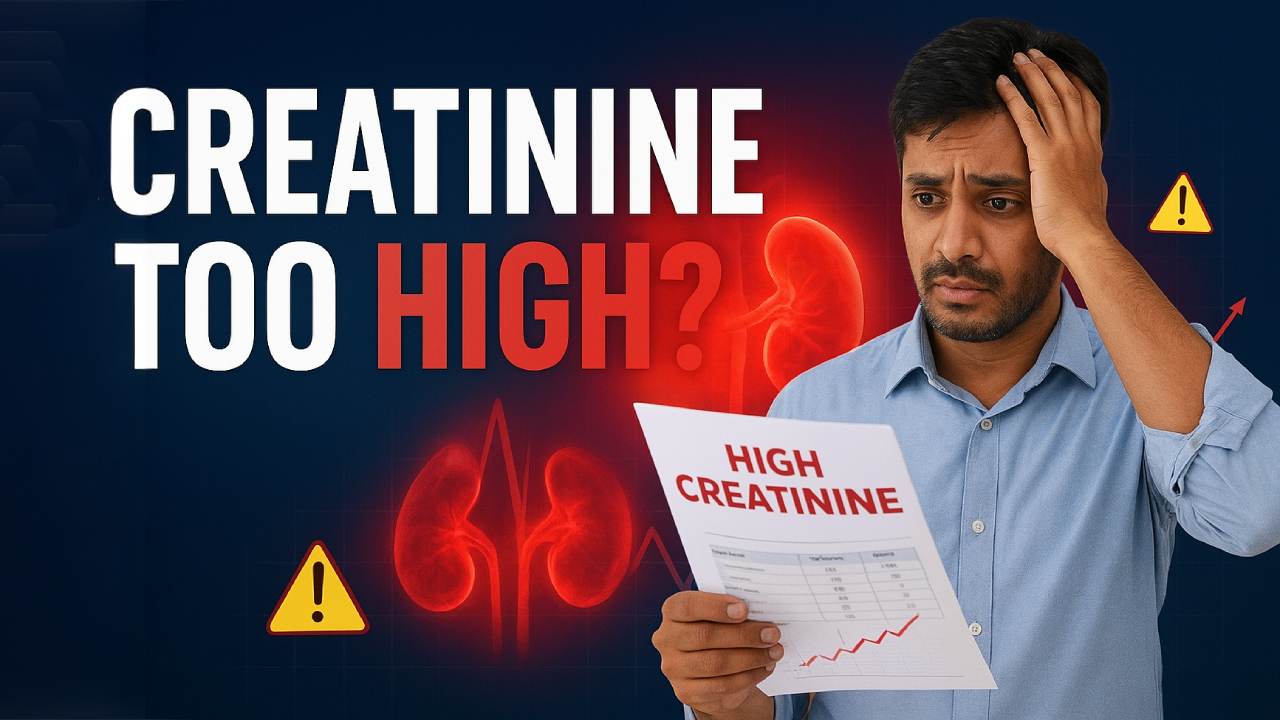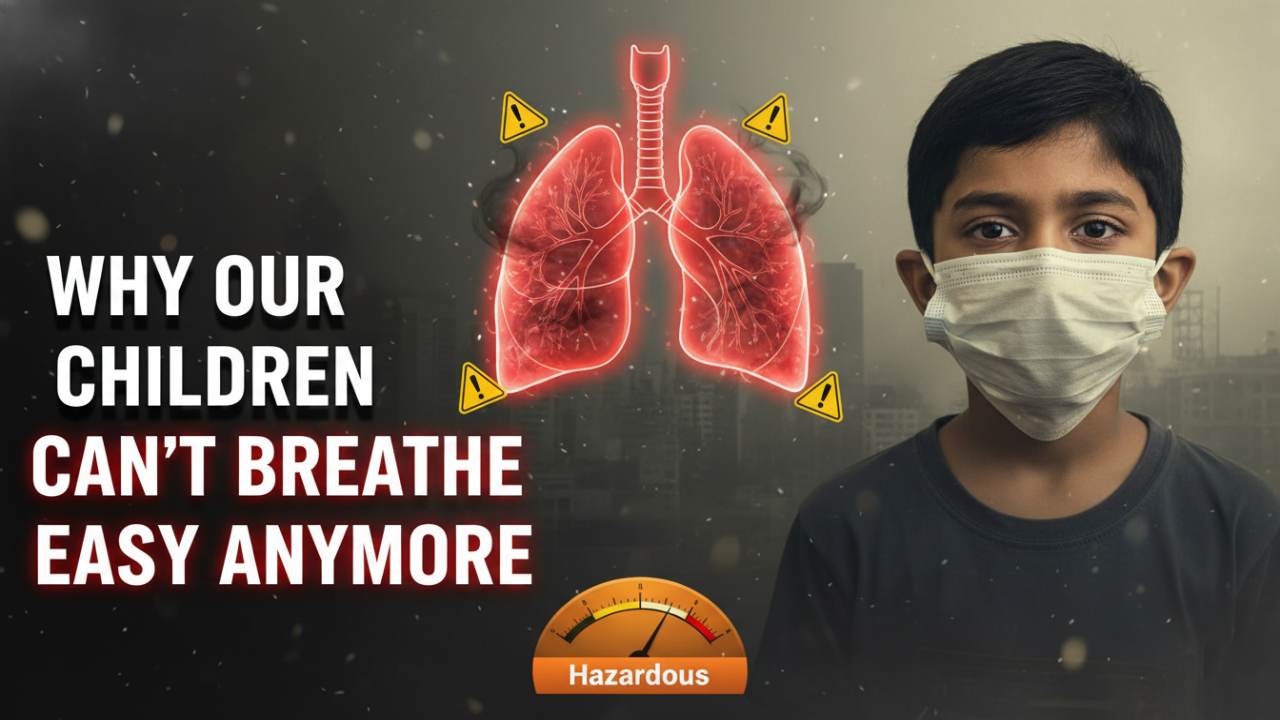Over the years, Kailash has established itself as a leader in the multi-specialty facility in hospital industry and has grown to be a popular choice for patients from around the globe seeking medical care. Our international patient care department delivers seamless services that are customized to meet patient's medical needs.
Yes, we do assist international patients on travelling from the airport to the hospital. . Based on the patient's preference, we either give an air-conditioned car or an ambulance.
- Cash payment
- Debit/Credit cards (Visa and MasterCard)
- Wire Transfer and Bank Transfers
Our international patient representative will assist you with each of your requirements. Our services include facilities like assistance in visa extension, money exchange, accommodation booking in nearby hotels or guest houses, local SIM cards, and FRRO registration with the Local Authority.
Yes, follow-up consultations are an integral part of our patient care. The medical team at Kailash Hospital schedules follow-up appointments as needed.
Kindly take a medical opinion prior to your travel & appointment with our Doctor

 +91-9711918451
+91-9711918451
 international.marketing@kailashhealthcare.com
international.marketing@kailashhealthcare.com







